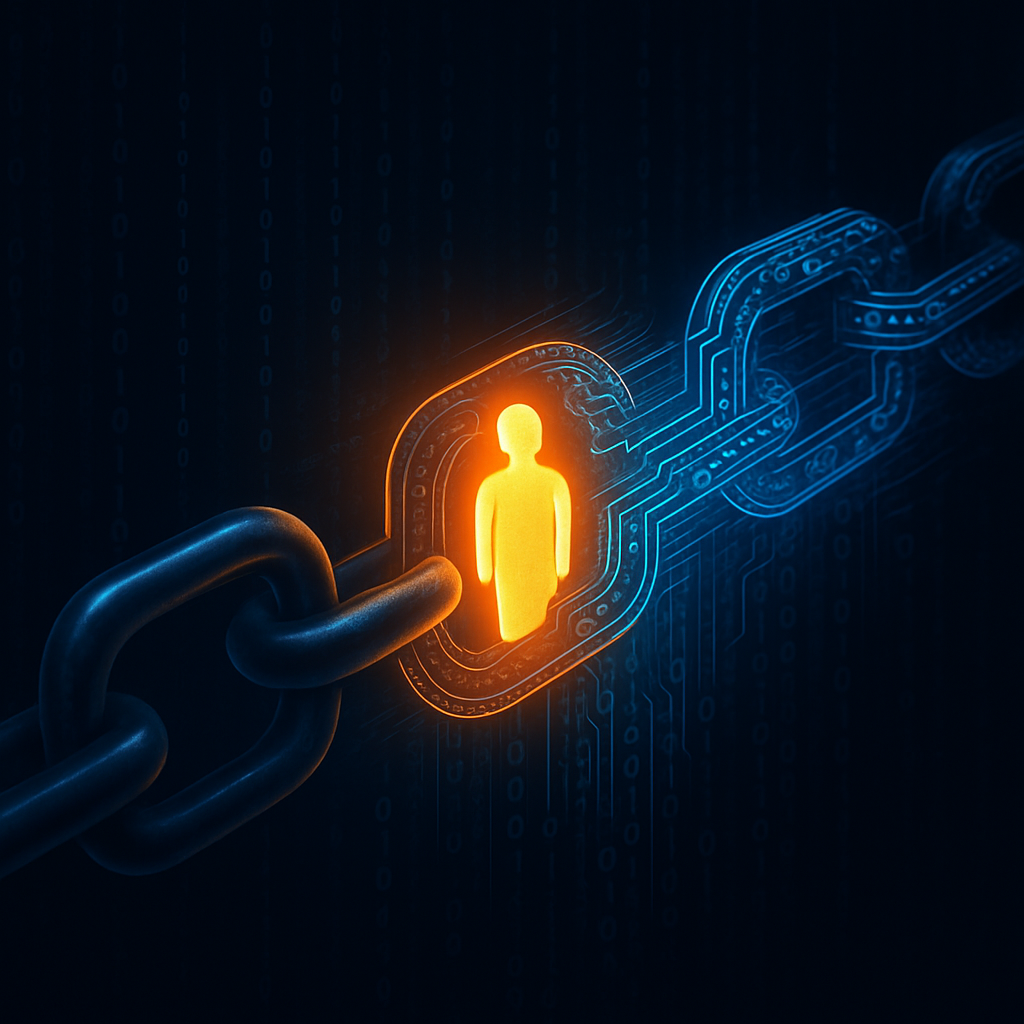
Today, being a citizen means being online. Almost everything we do goes through a screen, from booking medical appointments to paying bills or enrolling in classes. Each task requires an account, a password, and often, an app.
But what if managing all that didn’t mean handing your personal data to Google, Microsoft, or Apple?
Europe’s digital life: convenient, yet dependent
Life in Europe is more digital than ever. However, many people, especially older citizens or those without digital training, feel increasingly excluded.
They’re not just tired of remembering passwords. They’re also the most vulnerable to phishing attacks and weak password reuse. Therefore, when we talk about European digital sovereignty, this is where the conversation should begin.
Dependence on foreign tech doesn’t only threaten privacy, it also limits equal access. In fact, the digital divide already separates those who master technology from those who can’t use it safely.
A system that locks people out
Think about the last time you forgot a password. Now imagine being 75, trying to book a doctor’s appointment, and not remembering if it had a capital letter.
Most people end up taking risky shortcuts:
- Reusing the same password everywhere.
- Writing them down in a notebook.
- Letting browsers store them and hoping for the best.
As a result, one weak password can lead to identity theft, bank fraud, or data leaks. Moreover, the more services we use, the more personal information we share, often without realizing it.
That’s why each new login increases the chance of giving data to companies we don’t know or trust. Consequently, we face spam calls, targeted ads, and unwanted tracking that erodes our privacy.
When confusion becomes a business model
Many so-called “free” services are only free because they profit from our data. They collect, enrich, and sell it to advertisers. In doing so, they turn our daily activity into a source of revenue.
Even worse, some of that money funds lobbying efforts against European values. For example, it may support deregulation, surveillance, or weaker data protection.
Meanwhile, the EU’s privacy and digital sovereignty goals are quietly undermined by the same tools Europeans rely on every day.
What Europe is already building
Fortunately, the European Union isn’t ignoring the problem. In fact, several major initiatives are already underway.
Projects like eIDAS 2.0 and the European Digital Identity Wallet aim to create a trusted, secure framework for citizens to store official documents. Eight countries are already testing the wallet, which could hold IDs, driver’s licences, or health certificates safely.
Similarly, Gaia-X seeks to build a federated European cloud that guarantees local control over data and services.
However, one key element is still missing; a public digital space where citizens can:
- Use a free, secure email account independent from commercial providers.
- Log in to public or private services with a universal digital ID.
- Control when and with whom their data is shared.
That’s what a European public digital identity could deliver.
What a true public digital identity could look like
A people-centered system could include several essential components. Here’s what it might involve.
1. A European public email service
End-to-end encrypted by default and hosted within the EU. It should also be compatible with open standards like IMAP, SMTP, and JMAP.
This would allow citizens to communicate securely without relying on Big Tech or having their emails scanned for ads.
2. A universal digital ID
Based on self-sovereign identity (SSI) models, it would let people prove age or residency without exposing personal data. For instance, it could confirm eligibility for public services without sharing unnecessary details.
3. A unified consent dashboard
A single place to review, approve, or revoke what services can access. Additionally, it would follow GDPR rules under supervision from an independent EU authority.
4. A federated and secure login system
Built on OpenID Connect, but hosted in Europe. It would support modern authentication methods such as passkeys, FIDO2, or smartcards.
5. Open APIs for developers
APIs would enable both public and private services to integrate secure verification easily. In short, data would only be shared when strictly necessary.
Imagine logging into your healthcare portal or local library with one trusted identity. No more passwords. No more giving your email to companies that monetize your data.
Why it matters now
If we don’t act, the digital divide will keep widening. Vulnerable groups will fall further behind, and people with fewer resources will remain the most exposed to scams and exploitation.
At the same time, Europe will stay dependent on global corporations whose goals don’t always align with the public interest. That’s why a European public digital identity isn’t just an option; it’s a chance to reclaim digital autonomy.
It won’t solve everything, but it could offer a foundation built on trust rather than trade-offs. Now is the time to treat digital identity not as a product to sell, but as a right to protect.

